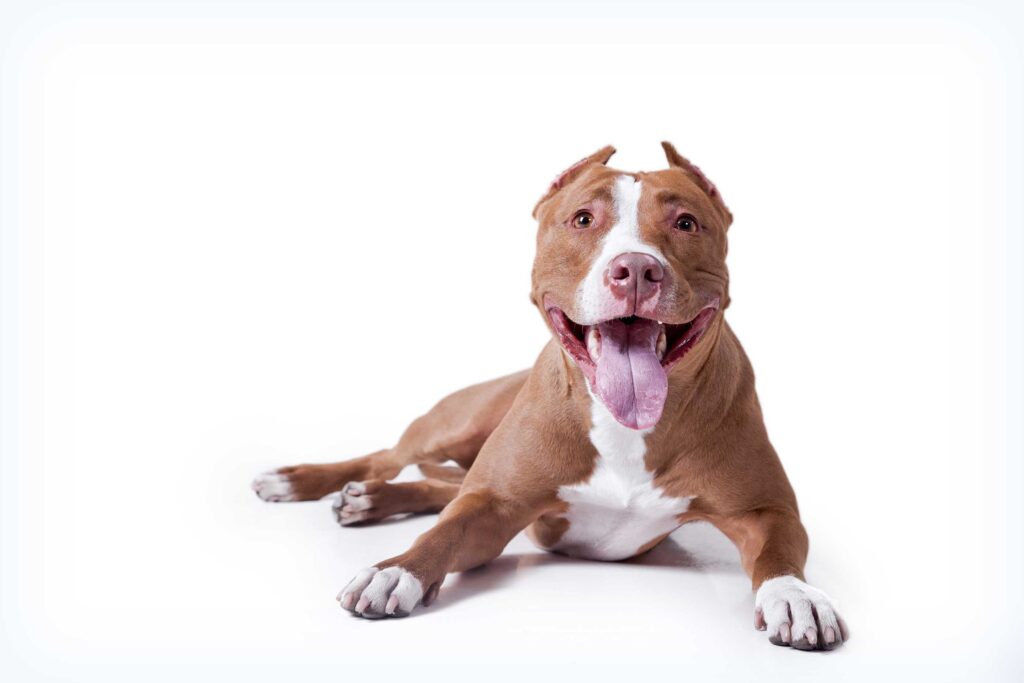Pit bulls, a term encompassing several breeds like American Pit Bull Terriers and Staffordshire Bull Terriers, often find themselves at the center of controversy. This stems from widespread misconceptions about their temperament and history, leading to fear and prejudice against these dogs. While it’s true that some pit bulls have been involved in aggressive incidents, attributing this solely to breed is a dangerous oversimplification. The reality is far more nuanced, with responsible ownership, proper training, and socialization playing crucial roles in shaping a dog’s behavior, regardless of its breed.
This article aims to delve into the complexities surrounding why do people hate pitbulls, exploring the origins of these misconceptions, the impact of media sensationalism, and the importance of responsible ownership. By understanding these factors, we can work towards dispelling harmful myths and promoting a more accurate and compassionate view of pit bulls.
Pit Bull Breeds & Misconceptions
The term “pit bull” itself is a broad generalization encompassing several distinct breeds, including the American Pit Bull Terrier, Staffordshire Bull Terrier, American Staffordshire Terrier, and mixes thereof. Each breed has its own unique characteristics and temperament, yet they are often lumped together under the umbrella of “pit bull,” leading to further confusion and prejudice.
One common misconception is that pit bulls were bred solely for fighting. While some individuals within these breeds were historically used in blood sports, this practice is now widely condemned and illegal. Modern breeders focus on producing well-tempered, companionable dogs suitable for family life.
Another misconception is that pit bulls are inherently aggressive or dangerous. This simply isn’t true. Like any dog breed, their temperament is influenced by genetics, upbringing, training, and socialization. A well-socialized and trained pit bull can be a loving and loyal companion, just like any other breed.
Media Sensationalism and Stereotypes
Media coverage often plays a significant role in shaping public perception, and unfortunately, pit bulls have been frequently portrayed negatively in news stories and entertainment. Sensationalized headlines about dog attacks, coupled with graphic imagery, can create a distorted view of these dogs, reinforcing existing stereotypes and fueling fear.
This media bias contributes to the “pit bull problem” by perpetuating harmful misconceptions and influencing public policy. Laws targeting specific breeds, often based on appearance rather than behavior, are a direct result of this sensationalism. Such legislation is ineffective and discriminatory, failing to address the root causes of dog aggression while unfairly penalizing responsible owners.
Responsible Ownership and Training
Responsible ownership is paramount when it comes to any dog breed, but it’s especially crucial for pit bulls due to the negative stereotypes surrounding them. This involves providing proper training, socialization, and a safe and loving environment.
Training should begin early in a pit bull’s life, focusing on basic obedience commands, leash manners, and impulse control. Positive reinforcement methods, such as rewarding desired behaviors, are most effective in shaping a dog’s behavior. Consistent training helps build a strong bond between owner and dog, fostering trust and communication.
Socialization for Pit Bulls
Socialization is equally important for pit bulls, exposing them to various people, dogs, and environments from a young age. This helps them develop confidence, learn appropriate social cues, and reduce the likelihood of fear-based aggression. Early socialization can involve taking your puppy to puppy classes, dog parks (with careful supervision), and introducing them to different sights, sounds, and experiences.
Debunking Common Myths
There are numerous myths surrounding pit bulls that perpetuate fear and prejudice. It’s essential to debunk these misconceptions and promote a more accurate understanding of these dogs.
Myth: Pit Bulls Have Locking Jaws
This is false. While pit bulls have strong jaws, they do not lock shut like some people believe. Their jaw structure is similar to other breeds, and they can open their mouths just as easily as any other dog.
Myth: Pit Bulls Are Naturally Aggressive
This is a dangerous generalization. A dog’s temperament is influenced by a complex interplay of genetics, upbringing, training, and socialization. Just like any breed, pit bulls can be friendly, playful, and loving when raised responsibly.
Conclusion
The negative perception surrounding why do people hate pitbulls stems from a combination of misconceptions, media sensationalism, and fear-mongering. It’s crucial to recognize that these dogs are individuals with unique personalities and temperaments, just like any other breed. By promoting responsible ownership, proper training, socialization, and education, we can dispel harmful myths and foster a more compassionate and accurate understanding of pit bulls. Remember, judging an entire breed based on stereotypes is unfair and inaccurate. Let’s work together to create a world where all dogs, regardless of breed, are treated with respect and given the opportunity to thrive.



